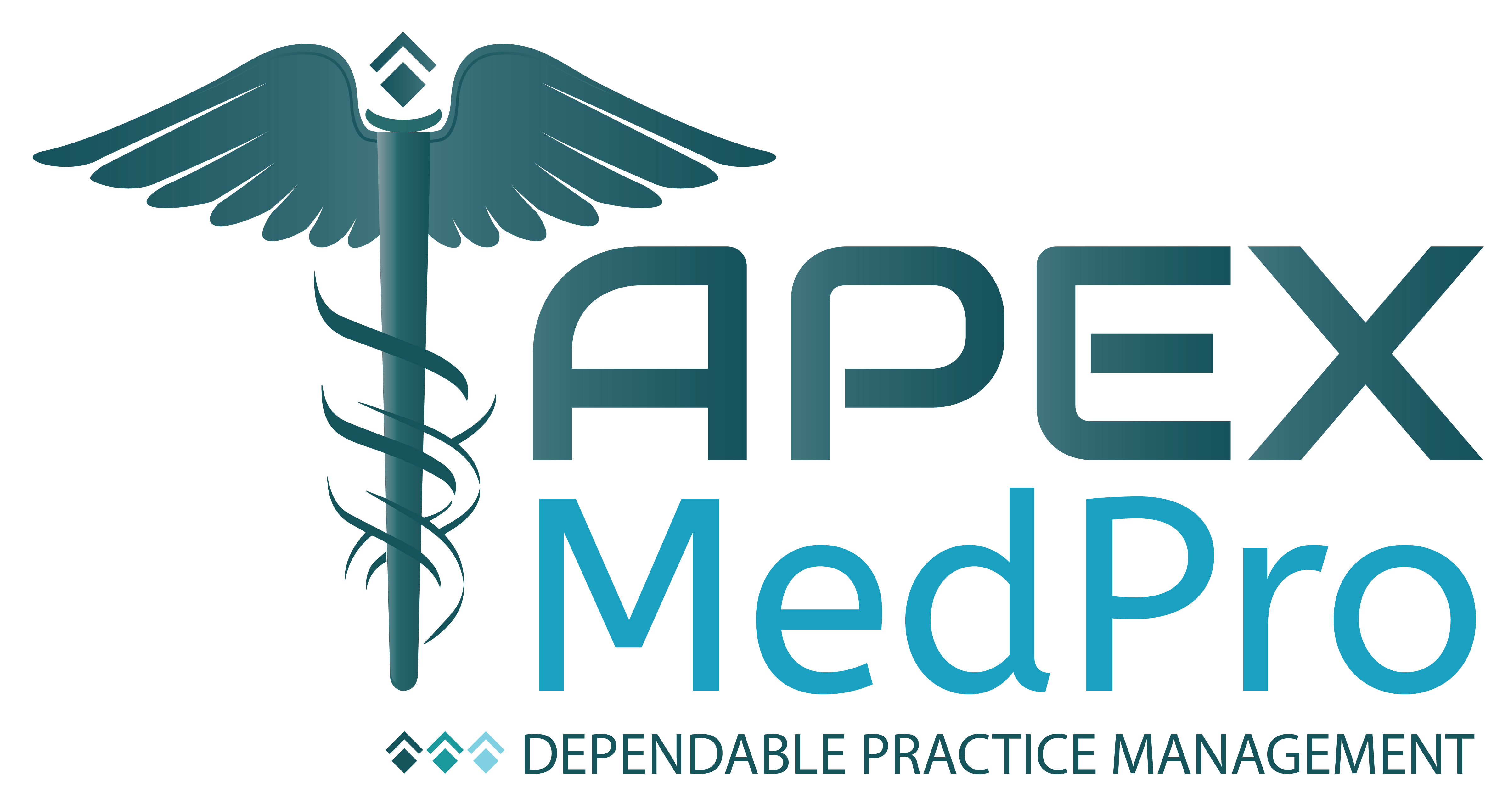Unfortunately, billing errors and application codes are common. What can have repercussions in the rejection of the claim or in the increase of the disbursement that must be made? After the service is provided, you will receive an explanation of your insurance benefits.
If you didn’t get the itemized bill or account from the provider, ask for it. In this way you can compare the EOB with the receipt and verify:
- what service or product the provider charges?
- what insurance paid?
- if you have pending charges?
If you received a non-covered product or service that you disagree with, here is a list of errors that could have caused the rejection.
Incomplete or incorrect patient information. Your name or your insurance policy or group numbers were not spelled correctly.
Coding error. The billing specialist may have entered over or under digits for the code that describes the symptom, diagnosis, or treatment. In addition, the codes are updated and sometimes they can change or be deleted by the system.
Numerical change. A typographical error (such as an extra zero) or double-digit relocation may cause you to be charged for more products than you actually received.
Duplicate charge. The same procedure, test or product is charged ros times.
Service not received. The test or procedure was not executed during your medical consultation but was improperly added to the bill.
Non-integrated charges (not grouped). A group of certain procedures that occur together must be charged under the same code. Sometimes providers unbundle or separate these procedures into individual charges. This is not allowed, but you may need a professional claims assistant to help you figure it out.
Ascending coding. Sometimes a provider can put in the wrong code that causes you and your insurance policy to charge a more expensive procedure or product than the one you received. Sometimes it is a supplier mistake. When this is intentional (coding for a higher upcoding charge in English), it is illegal. With coding errors, you will need the help of a professional claims assistant, as in the previous case.
Incorrect balance billing. After insurance pays for the procedure or product agreed on in your policy, you may be owed a balance. If you want to dispute the charge, contact your insurance. Perhaps the balance on the invoice is a vendor error.
Misdiagnosis / Treatment codes. If the diagnosis and treatment codes do not match, your insurer will deny the claim. They cannot diagnose an intestinal disorder and treat you against respiratory infection.
Conclusion:
Medical billing mistakes are probably more common than you think and could cost you money. In fact, millions of Americans may be overpaying for their medical bills due to common mistakes. Whether it’s duplicate charges, incorrect information like an incorrect insurance ID number, or an inflated amount of services rendered, mistakes do happen and can be costly. Inaccuracies in any of these issues could cause thousands of dollars to be wrongly added to your final bill, or your charges may be rejected entirely by your health insurance plan. Our first time pass rate is 96% – error free billing. For billing and coding quotes, do not hesitate to Call Us on 877-333-1760 or email us at info@apexmedpro.com

